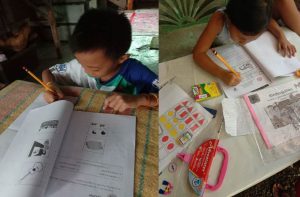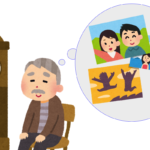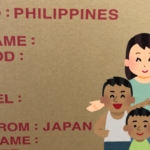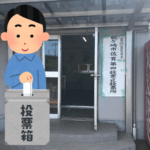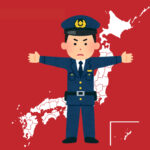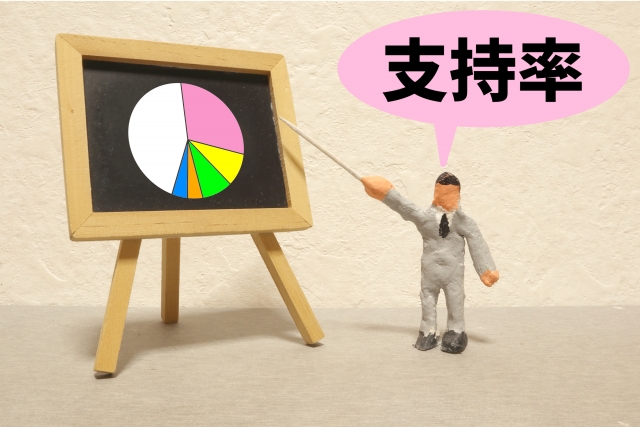
A survey by Pulse Asia, a private research firm, shows that President Duterte's approval rating in the Philippines is now 91 percent.
The survey, which evaluates five Philippine presidents, vice presidents, House and Senate chairmen and the chief justice of the Supreme Court, is being conducted in person in mid-September.
President Duterte's image as a "rambunctious president" shows that he has the overwhelming support of the Filipino people, although he is not very popular with those who call him a human rights advocate.
The series of measures can also be seen as approved, since it is up 4 percent from last December despite the harsh measures of lockdown caused by the new coronavirus and a significant worsening of the unemployment rate. Metro Manila, which seems to have been most heavily affected, is up 10 percent.
Looking at his approval rating by region, he has an astonishing 97% in Mindanao, partly due to the fact that he served three terms as mayor of Davao. In the Visayas region, which includes Leyte, where he was born, he has 92 percent. Metro Manila and Luzon both have 88%. While there are some differences between the regions, there is no doubt that he has received overwhelming support from the people.
Notably, those who are considered to be poor (socio-economic class E) have seen the highest increase in support, with 95% of them supporting it, up 11% from last December.
As a Japanese, I can't judge President Duterte's political methods and reputation, but when I went to Davao City, where he was mayor, my impression was that it was safer than Manila and Cebu. I liked the fact that there were no taxi rip-offs, which Manila is famous for, and there was no garbage in the city.
I think this is a manifestation of his commitment to dramatically reduce violent crime and make Davao the most peaceful city in Southeast Asia during his time as mayor. He was able to do this because of his strong leadership. That's why I see President Duterte as a man of principle.
What bothers me personally is that he is somewhat conciliatory towards China, perhaps due to the fact that his maternal grandfather was Chinese and that his mentor in college was a Maoist.
I sincerely hope that the Philippines, which I consider to be a place to emigrate, will not join the Chinese community.

